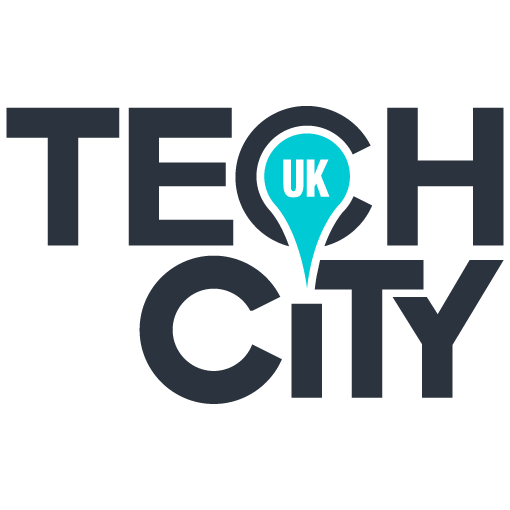Digital services have proven to be one of the most transformative sectors in the UK in recent decades, and thanks to ongoing development, backed by government support, the future looks bright for the digital services sector.
Digital services incorporate a number of different types of services under the general categories of telecommunications broadcasting and electronic. Do you watch television using a subscription service? Do you stream music, movies or television over the internet? Are you taking or have you taken an online educational course? Do your purchase eBooks? If the answer is yes to one of more of these questions, then you have purchased digital services.

The range of digital services available to UK consumers is much broader than those touched on above. If you buy an item online for in-store pickup from a high street retailer, is not that retailer, by definition, a digital services provider?
Given that the definition of what constitutes a digital service is so broad, the capacity for growth within the digital services sector is broader still. Such is the ubiquity of digital services, consumers in the UK spend, on average, £1,500 per year each on digital services.
The onus is on digital service providers to meet consumer demand, and for the government and regulators to create an environment the digital services industry can thrive in. Luckily for the UK, the companies and the environment to achieve those aims exists.
Indeed, the estimated turnover for digital technology businesses in the UK for 2014 was a massive £161billion. The Tech City UK cluster in east London, launched by then Prime Minister David Cameron in 2010, has been replicated in cities across the country, bringing economic growth and vital employment to the regions. Research shows that salary growth in 80 per cent of those clusters has outstripped the local average.

The Tech City UK model is an example of how government support can stimulate growth in a particular sector of the economy. Targeted programmes to identify gaps in the digital market have been combined with the creation of an effective public-private communication channel whereby policies that foster digital growth can be identified and developed.
Public sector interest in digital services stretches beyond support for services aimed squarely at the consumer market, of course. If you engage with public services at any level – and the overwhelming majority of us do, sometimes on a daily basis – then you will recognise the obvious trend towards the provision of many of those services digitally. Indeed, the government is radically transforming how we access benefits, health and taxation services.
As far as the future is concerned, digital government services will continue to expand in line with public demand. For instance, as NHS users become more digitally-enabled, demand for such services as e-prescriptions will likely grow to the point where they become the norm rather than the exception.
The provision of digital public services depends, of course, on a high level of public trust. The successful integration of digital services into the everyday lives of people across the UK makes the digital delivery of public services that much easier to achieve because it is what people have come to expect; you can keep up to date with developments in digital government, such as the planned roll-out of digital public services, with public sector events supplier Govnet.
From the point of view of you the consumer, what might the digital services landscape of tomorrow look like? Increasing emphasis on capturing and interpreting data is driving the trend towards data-centric processes, which, by extension, will require organizations – both public and private – to ensure their digital systems have the capabilities needed to manage that data.
For example, retailers will use the customer data they compile to improve and personalise their offerings. So what is relevant to you, the consumer, at a particular point in time is what the retailer will offer you in terms of added value, such as discounts and special offers.
E-health services will become increasingly important as the trend for greater self-care and management of health conditions grows, while entertainment platforms will be integrated into a single hub that is accessible at the push of a button.
As the market for digital services in the UK continues to evolve, one thing is certain – you will have an increasingly diverse range of convenient high-tech services that meet both your practical and recreational needs at your disposal.




